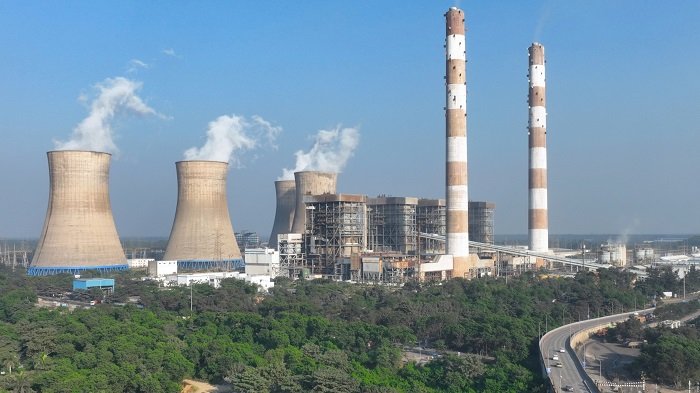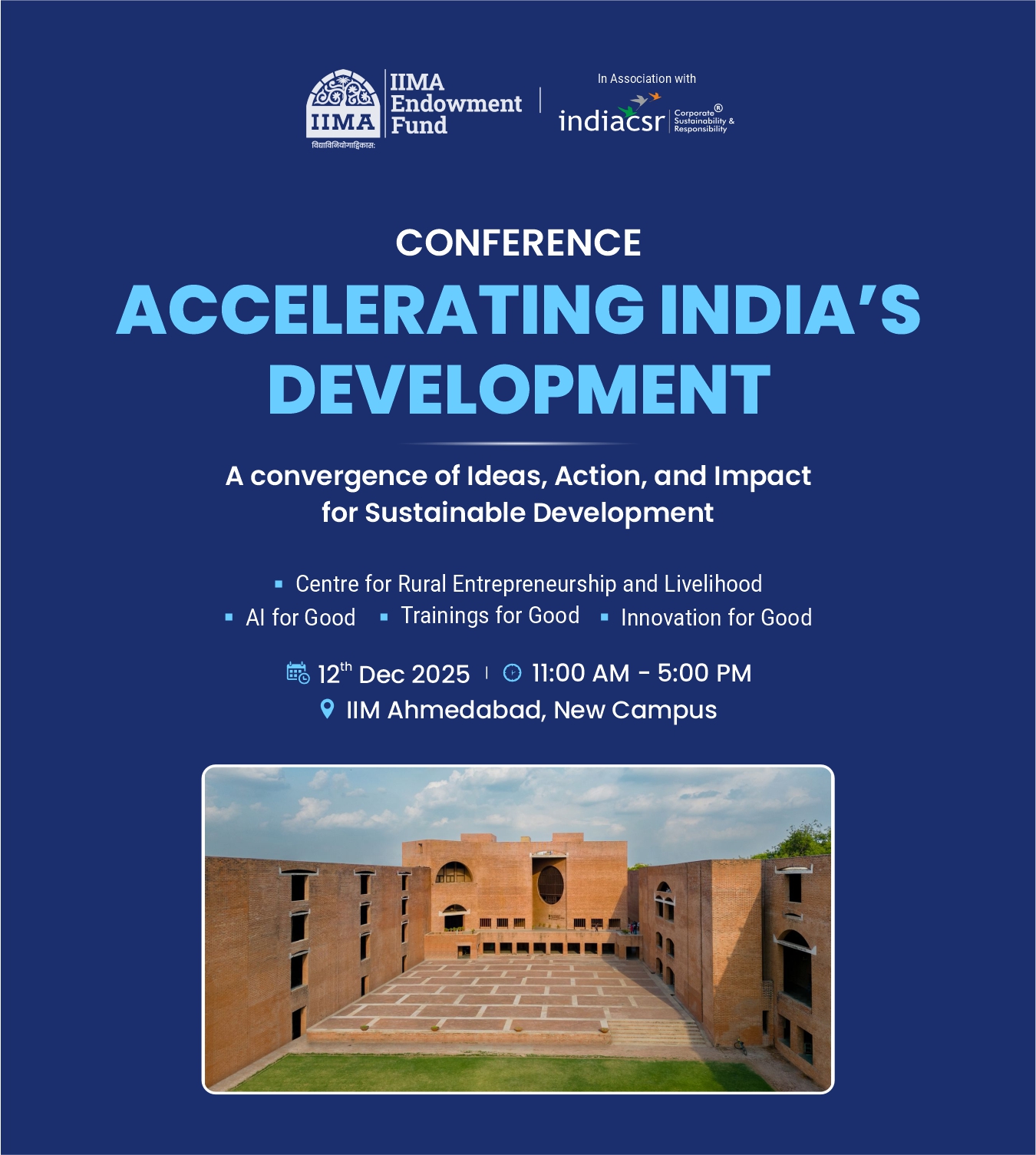From Odisha to Chhattisgarh: Vedanta’s Science-Led Conservation Efforts Aim for No Net Loss in Biodiversity
NEW DELHI (India CSR): As the world celebrated International Day for Biological Diversity, Vedanta Aluminium, India’s largest aluminium producer, reaffirmed its commitment to ecological stewardship with a series of impactful initiatives. In the tribal village of Jharsuguda, Odisha, 45-year-old farmer Laxmi Behera joined her neighbors to clean a local pond, an effort led by Vedanta to restore aquatic ecosystems and improve water quality for her community. This is just one of many projects Vedanta announced, aligning with this year’s theme, “Harmony with Nature and Sustainable Development.” With a biodiversity footprint of over 380 animal and 940 plant species across its operations, Vedanta is setting a new standard for industrial sustainability through wildlife rescue, habitat restoration, and community engagement. Here’s how the company is transforming for a greener future.
A Holistic Approach to Biodiversity
Vedanta Aluminium has partnered with PwC India to update its Biodiversity Management Plans, aiming for No Net Loss (NNL) in biodiversity across its operational sites. This science-led approach integrates advanced ecological strategies into the company’s operations, ensuring that industrial growth does not come at the expense of nature. “Our commitment to biodiversity is woven into the fabric of our operations,” said Rajiv Kumar, CEO of Vedanta Aluminium, during the announcement in Bhubaneswar on May 21, 2025. The company’s efforts span multiple regions, from Odisha’s mining belts to Chhattisgarh’s industrial zones, reflecting a comprehensive strategy to protect ecosystems while fostering sustainable development.
Pond Restoration and Greenbelts in Jharsuguda
In Jharsuguda, Odisha, home to Vedanta’s mega aluminium plant, the company launched a community-driven initiative to restore ponds in 30 villages. These efforts, part of the International Biodiversity Day celebrations, aim to improve water quality and support aquatic ecosystems, benefiting both wildlife and local residents. Laxmi Behera, who participated in the pond-cleaning drive, shared, “This pond is our lifeline for farming and fishing. Now, with cleaner water, our yields will improve, and our children can play safely.” Additionally, Vedanta is undertaking an avenue plantation drive, planting trees along 1.2 km of roadside to create a green corridor, and renovating two community gardens to provide vibrant, nature-rich spaces for residents.
Miyawaki Forests at Jamkhani Coal Operations
At its Jamkhani coal operations in Sundargarh, Odisha, Vedanta has adopted the Miyawaki method—a Japanese technique for creating dense, fast-growing forests. The company planted 3.65 lakh saplings across 18 hectares along the mine’s periphery, using a diverse mix of native trees, sub-trees, and shrubs. This greenbelt, expected to mature into a self-sustaining forest within three years, will serve as a biodiversity hotspot, supporting local wildlife and improving air quality. The initiative is a model for regenerative practices in mining, demonstrating how degraded lands can be transformed into thriving ecosystems. As of May 2025, early results show a 15% increase in bird sightings in the area, signaling a positive ecological impact.
Wildlife Rescue and Land Reclamation at BALCO
In Korba, Chhattisgarh, Vedanta’s BALCO unit has made significant strides in wildlife conservation. A dedicated Animal Rescue Team of trained snake-handlers has rescued and safely released over 1,000 snakes and small animals in the past year, protecting both wildlife and the local community around the smelter and township. Additionally, BALCO has reclaimed 60 hectares of unoperational tailing dams by planting native species such as Siras, Sheesam, Karanj, Gulmohar, and Neem. This restoration effort has turned barren land into a green oasis, supporting local biodiversity and reducing soil erosion. A 2024 environmental audit noted a 20% increase in insect diversity on the reclaimed land, a promising sign of ecological recovery.
Community Engagement and Environmental Education
Vedanta Aluminium places a strong emphasis on fostering a culture of ecological awareness through community involvement. The company regularly conducts outreach programs for school children and employees’ families, engaging them in tree plantation drives, nature walks, and awareness campaigns like Hug-a-Tree and human-chain events. In 2024 alone, over 5,000 students across Odisha and Chhattisgarh participated in these activities, planting 10,000 saplings and learning about the importance of biodiversity. “We want the next generation to grow up with a deep connection to nature,” said Kumar. These initiatives not only educate but also empower communities to take an active role in conservation, creating a ripple effect of positive change.
Aligning with Global Sustainability Goals
Vedanta’s biodiversity initiatives align with global frameworks like the United Nations Sustainable Development Goals (SDGs), particularly SDG 15 (Life on Land). The company’s efforts contribute to India’s broader environmental goals, including the National Biodiversity Action Plan, which aims to halt biodiversity loss by 2030. A 2025 report by the Wildlife Institute of India highlighted that corporate-led conservation projects, like those by Vedanta, have helped increase forest cover in Odisha by 3% over the past five years. By integrating biodiversity into its “Transforming for Good” vision, Vedanta is not only mitigating its environmental impact but also setting a benchmark for other industries to follow.
(India CSR)





